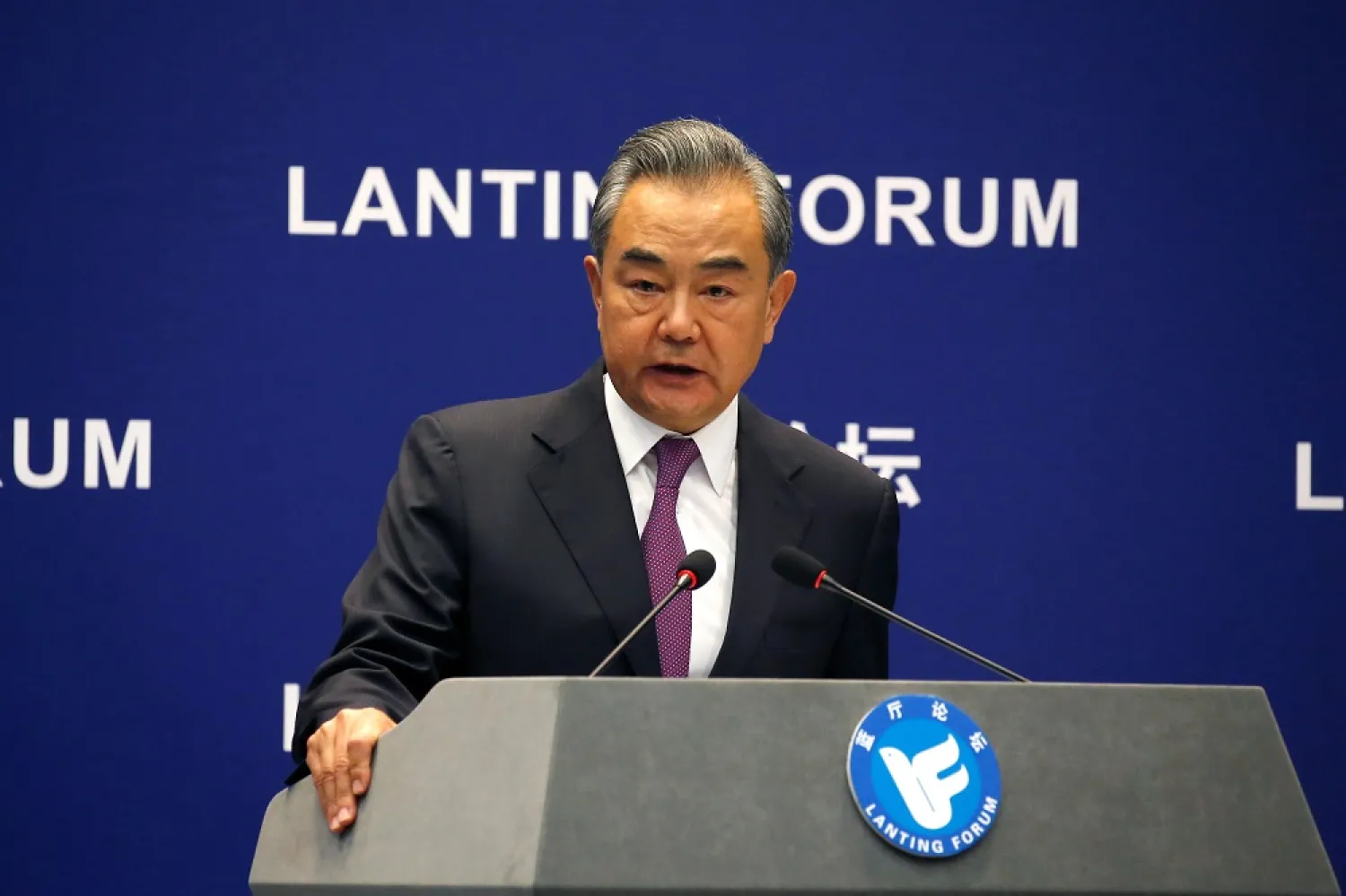Chinese Foreign Minister Wang Yi was in Sri Lanka on Sunday seeking to advance China's ambitious Belt and Road Initiative, as the island nation looked to Beijing for help as it tries to rescue itself from a foreign currency and debt crisis.
Wang arrived in Sri Lanka on Saturday from the Maldives on the last leg of a multi-city trip that also took him to Eritrea, Kenya and Comoros in Africa.
In Sri Lanka, Wang was scheduled to meet President Gotabaya Rajapaksa and Prime Minister Mahinda Rajapaksa. Later, Wang and Prime Minister Rajapaksa were to speak at Colombo’s Port City, a reclaimed island developed with Chinese investment.
The diplomatic visit comes as Sri Lanka faces one of its worst-ever economic crises, with foreign reserves down to around $1.6 billion, barely enough for a few weeks of imports. It also has foreign debt obligations exceeding $7 billion in 2022, including repayment of bonds worth $500 million in January and $1 billion in July.
The declining foreign reserves are partly due to infrastructure built with Chinese loans that don’t generate revenue. China loaned money to build a sea port and airport in the southern Hambantota district, in addition to a wide network of roads.
Central Bank figures show that current Chinese loans to Sri Lanka total around $3.38 billion not including loans to state-owned businesses, which are accounted for separately.
“Technically we can claim we are bankrupt now,” said Muttukrishna Sarvananthan, principal researcher at the Point Pedro Institute of Development. “When you have foreign reserves in the red, that means you are technically bankrupt.”
The situation has left households facing severe shortages. People wait in long lines to buy essential goods like milk powder, cooking gas and kerosene. Prices have increased sharply and the Central Bank says the inflation rate rose to 12.1% by the end of December from 9.9% in November. Food inflation increased to over 22% in the same period.
Because of a currency shortage, importers are unable to clear their cargo containing essentials and manufactures are not able to buy raw materials from overseas.
Expatriate remittances have also fallen after the government ordered the mandatory conversion of foreign currency and controls over exchange rates.
Rating agency downgrades have resulted in Sri Lanka losing much of its borrowing power. In December, Fitch Ratings noted an increased probability of credit default.
The Central Bank has added a currency swap in Chinese currency worth $1.5 billion to the reserves but economists disagree whether it can be part of foreign reserves or not.
Wang’s visit also has regional significance, as both China and India, Sri Lanka’s closest neighbor, vie for influence in the island.
“We can see Sri Lanka being saddled between India and China for a potential bailout package,” said political analyst Ranga Kalansooriya.
“India is dragging its feet for some time while China is trying to manipulate the situation to the maximum,” he added.
India has been wary of China’s increased investments and loans in Sri Lanka since a civil war ended in 2009. India considers Sri Lanka part of its territory of influence. China considers Sri Lanka to be a critical link in its Belt and Road global infrastructure initiative.
Kalansooriya says Wang may also be looking to iron out relations with Sri Lanka after they were recently strained over a shipment of fertilizer that allegedly contained harmful bacteria and business agreements that were inked with China’s rivals, the United States and India.
Kalansooriya said that China is unlikely to bail Sri Lanka out of its economic crisis.
“They will look for more business opportunities, fishing in the troubled waters of economic doldrums in the country,” he said.









